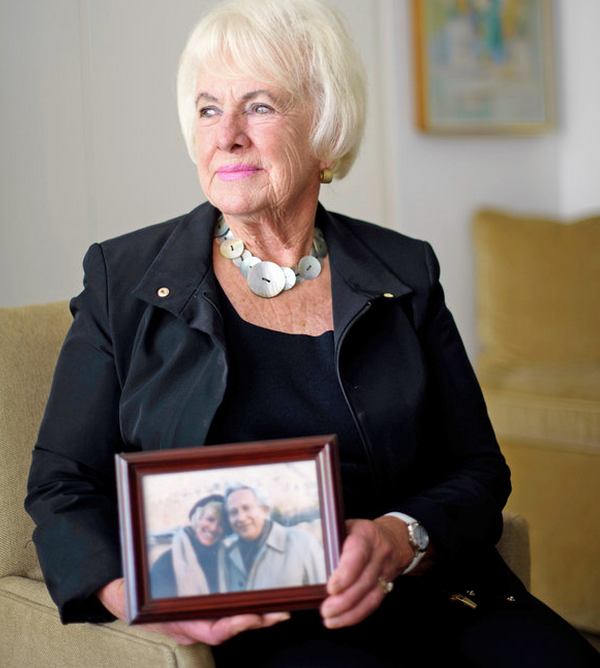" 'Adapting to loss is as much a part of us as grief itself,' said Dr. Shear, who directs the Center for Complicated Grief at the Columbia University School of Social Work. With complicated grief, 'something gets in the way of that adaptation, Something impedes the course of healing.’
By diagnosing complicated grief just six months after a death, he said, 'you’ll get a lot of normal people receiving treatment they don’t need,' including drugs. Dr. Shear also worries about “pathologizing” normal emotions. But when a woman remains unable to leave her home or answer the phone four years after the death of her adult son, as was true of one patient, something has clearly gone wrong.
‘If you’re worried about what you’re experiencing, if you’re not getting more engaged in life and people around you are saying, ‘Honey, stop wallowing in it,’ why not get some help?' Dr. Shear said. Complicated grief therapy, developed by her center, showed greater effectiveness among older adults than interpersonal psychotherapy in a clinical trial".
